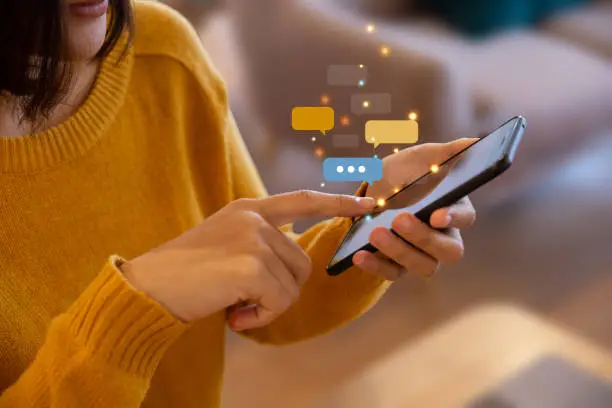What Is the Impact of Social Media on Mental Health?
Social media is a constant in our lives, connecting us to friends, news, and endless content. But its impact on mental health is a mixed bag—offering both benefits and challenges. Below, we explore how social media affects our minds and share tips to use it wisely.
The Positive Side of Social Media
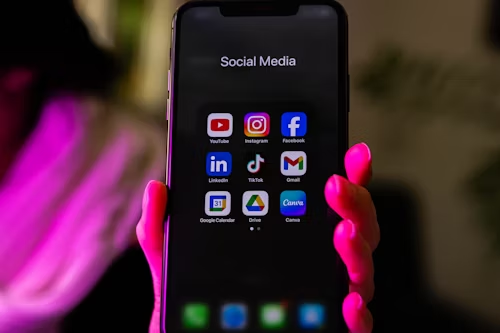
Connection and Support
Social media can foster a sense of belonging. Platforms like X let you join communities, share experiences, and find support groups for mental health challenges. For example, connecting with others who share your struggles can reduce feelings of isolation.
Access to Resources
Mental health tips, mindfulness exercises, and professional advice are just a scroll away. Many therapists and organizations share free resources on platforms like Instagram or X, making it easier to learn coping strategies.
The Negative Side of Social Media
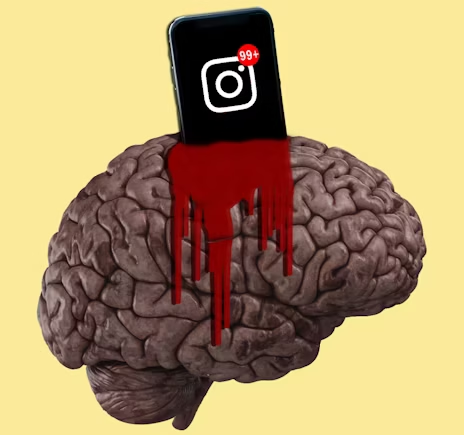
Comparison and Low Self-Esteem
Scrolling through curated posts can spark envy or feelings of inadequacy. Seeing others’ highlight reels—perfect vacations, bodies, or careers—can make you feel “less than.” Studies link heavy social media use to lower self-esteem, especially in teens.
Anxiety and Overload
The constant stream of notifications and news can overwhelm your brain. Fear of missing out (FOMO) or exposure to negative content, like heated debates on X, can spike anxiety. Doomscrolling late at night often disrupts sleep, too.
Addiction and Time Drain
Social media apps are designed to keep you hooked. Excessive use can lead to compulsive checking, eating up time for real-world connections or self-care. This habit is linked to higher stress and reduced focus.
Striking a Balance
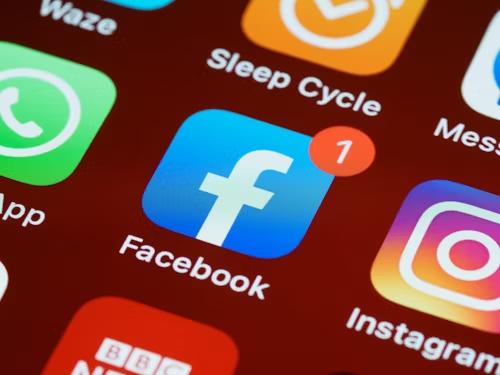
Set Time Limits
Use app timers to cap daily social media use—aim for 1-2 hours max. Tools like screen-time trackers on your phone can help you stick to it.
Curate Your Feed
Follow accounts that inspire and uplift you. Unfollow or mute those that trigger negativity or comparison. On X, prioritize following mental health advocates or positive communities.
Take Breaks
Schedule social media-free hours or days. Use that time for hobbies, exercise, or face-to-face connections to recharge your mental energy.
Practice Mindful Scrolling
Pause before engaging with content. Ask yourself: Is this making me feel good or stressed? Being intentional can reduce mindless scrolling’s mental toll.
Final Thoughts
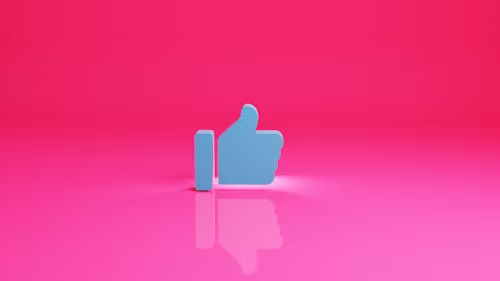
Social media can be a tool for connection and learning, but it can also fuel anxiety, comparison, and burnout if left unchecked. By setting boundaries and curating your feed, you can enjoy its perks while protecting your mental health. Scroll smart, and your mind will thank you.

